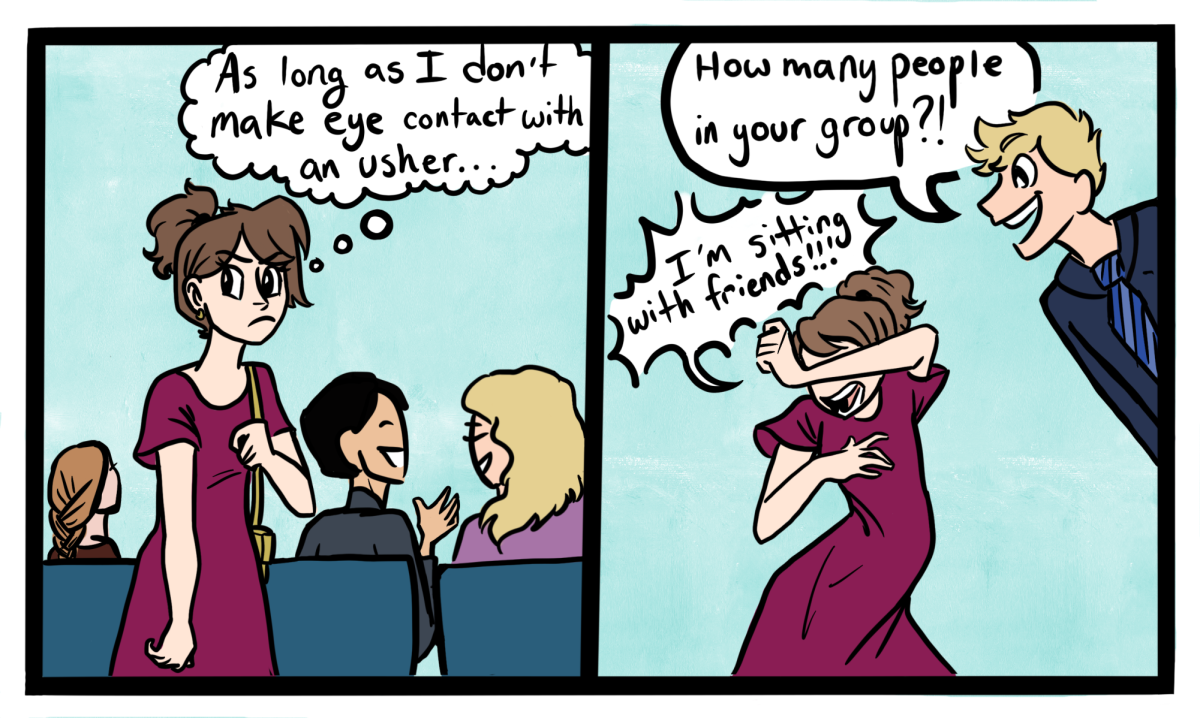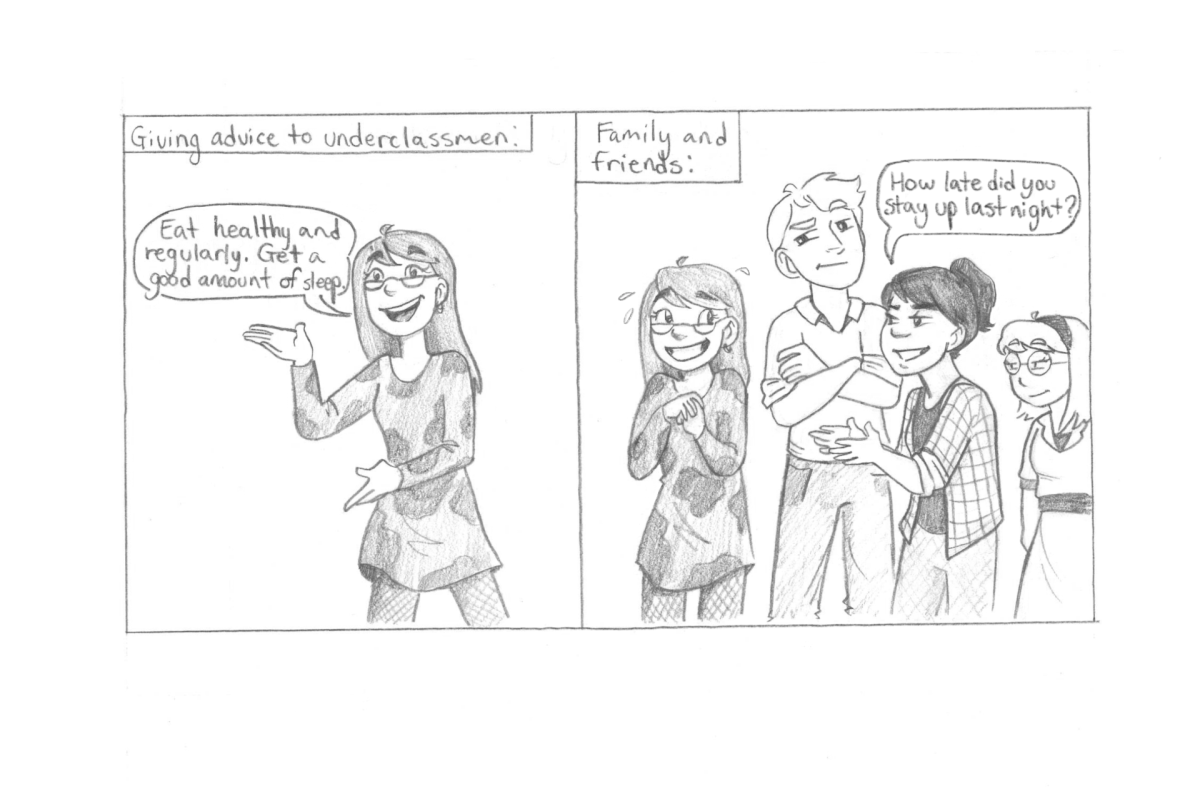“I am speaking about a very sensitive issue. I would even wager to say that it is the most heated social issue of our day.” This is how Timothy Kurek introduces his book, The Cross in the Closet.
The Cross in the Closet, which was released Oct. 11, chronicles Kurek’s one-year experience of pretending to be a homosexual as a spiritual experiment. Kurek, a formerly fundamentalist Christian, said he decided that, in order to empathize with homosexuals, he would pretend to be homosexual himself and live one year in “the shoes of the very people [in his words] he had been taught to shun.”
In the first section of the book, Kurek makes a valid point that many believers do not evidence Christian love toward those caught in homosexuality. God freely offers His love to homosexuals just as much as He does to every other repentant sinner on this planet. He desires that all people be saved and know the truth (1 Timothy 2). And Christians should as well.
Unsaved homosexuals, like all unbelievers, are slaves to sin and have no reason to follow Christ’s commandments because they do not know Him. Though it is important to stress separation from sin as part of the Gospel, we must first show unbelievers love by witnessing to them before attempting to change their lifestyle. Only Christ changes lives.
As for Christians who have fallen to homosexual temptation, should we condemn them more than we do believers caught in other sins? If they acknowledge their sin and want help in overcoming it, they are in a better position than other Christians who harbor secret sins. All sin is heinous in God’s sight; no one has grounds to think his life merits His blessing more than any other person’s. We can show love to brothers and sisters struggling with homosexuality by reaching out to them to reconcile them to Christ as we would with believers caught in any life-dominating sin.
But reaching out to homosexuals does not mean that we have to become like them as Kurek did. Yes, Jesus spent much time with publicans and sinners, but He never claimed to be one of them. How would He ever tell people their actions were sinful if He had taken part in them too?
Kurek’s conclusion is as objectionable as his method. He says his year of “being gay” taught him to accept homosexuals, and he praises several of his gay Christian friends for their flourishing marriages. He never talks about confronting them about their sin and focuses on how his LGBT friends changed his life, not how Christ changed him or how He used him to change his friends. Kurek omits God’s transforming power, as well as what Scripture says about sin of any sort, and ultimately rejects genuine Christianity in the end.
The Cross in the Closet’s core problem is that it sets up a false dichotomy. Kurek’s view is that Christians fall into one of two categories: hypocritical and homophobic or completely non-condemning and gay-rights-affirming. He fails to recognize that there is a middle ground—Christians who believe in the absolute authority of Scripture and love all sinners, no matter what the sin.
Homosexuality is undoubtedly “the most heated social issue of our day,” and Christians cannot ignore it because God does not ignore it. Yes, God is love. But God is also just and holy and cannot abide sin—any sin. It is our responsibility as Christ’s followers, those saved from our own wicked sins, not to condemn others, but to point them to the blood of Jesus, which covers all sins.















































